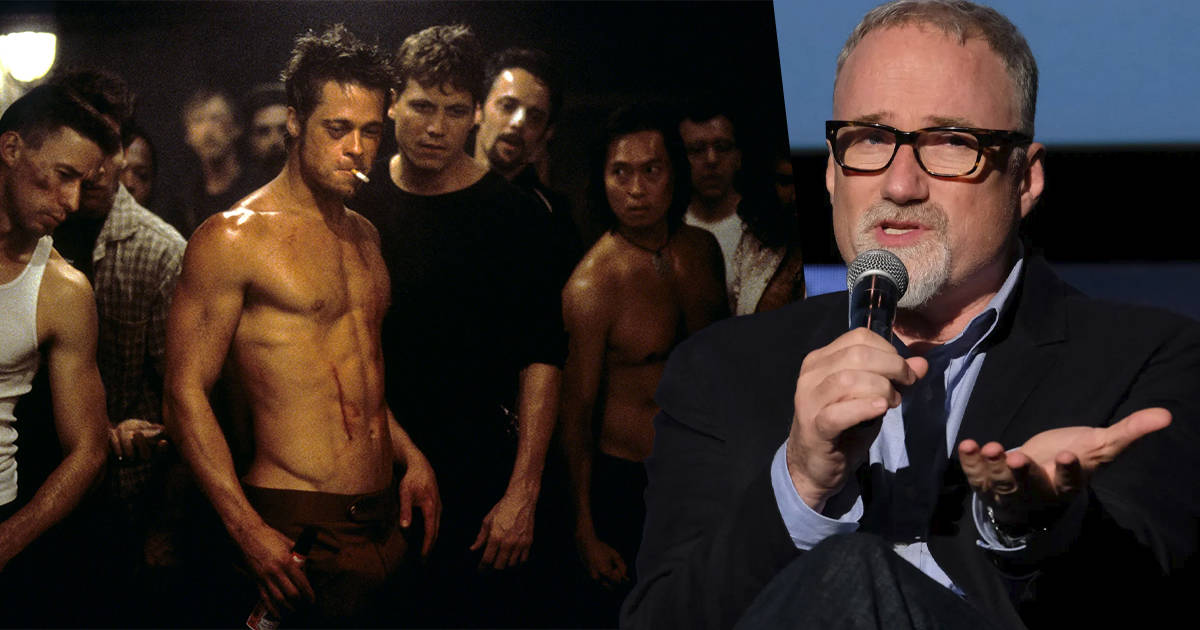
It can sound pretentious, but art really can truly be interpreted in any way by the viewer. In some cases, there are villains in movies that can win over audiences if they’re written well enough or performed well enough. Michael Douglas once expressed his frustration over some people taking to his Wall Street character, Gordon Gecko, even though it was intended that he was the antagonist. Al Pacino’s Scarface is seen by some as sort of a folk, anti-hero as Tony Montana came from the gutter and became a powerful figure with an unbreakable spirit. And now, David Fincher is being asked by The Guardian about his feelings of disenfranchised extremists holding his Fight Club film to high regard with its anti-establishment theme.
According to Variety, the director of the upcoming Michael Fassbender film, The Killer (check out our review), doesn’t feel it’s his duty to tell people how to interpret his film, “I’m not responsible for how people interpret things…Language evolves. Symbols evolve.” He expounded, “We didn’t make it for them, but people will see what they’re going to see in a Norman Rockwell painting, or [Picasso’s] Guernica.” Fincher added, “It’s impossible for me to imagine that people don’t understand that Tyler Durden (Brad Pitt) is a negative influence. People who can’t understand that, I don’t know how to respond and I don’t know how to help them.”
Fight Club and Taxi Driver are movies that come under fire for its portrayal of isolated individuals who indulge in their anger at pointed at a sector of society, whereas Taxi Driver especially can seem muddled in its treatment of its protagonist’s perceived heroism in the end. Fight Club features Norton’s character being swayed by his disgust thanks to the charisma and confidence of Tyler Durden. However, he ultimately confronts Durden when he sees things spiraling out of control.
The anarchist ending of Fight Club was also hilariously censored in China when the country’s government did not want to permit an conclusion where the establishment did not prevail. In a very Itchy & Scratchy & Poochie ending, after Tyler had been killed and before the banks were destroyed, the movie cuts to black with a title card that says authorities stopped the terrorist plot before they could succeed and Norton’s character would receive psychological treatment. Fincher responded to the ending in Empire, saying, “It’s funny to me that the people who wrote the Band-Aid [ending] in China must have read the book, because it adheres pretty closely [to the final pages of Chuck Palahniuk’s novel].”


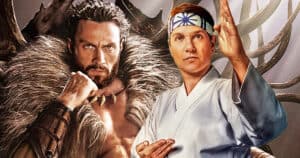


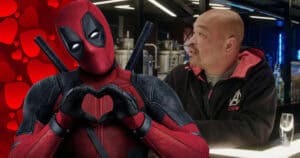

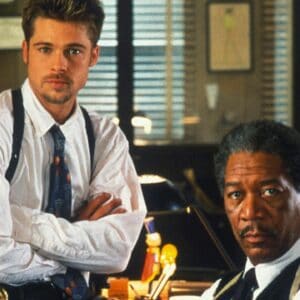
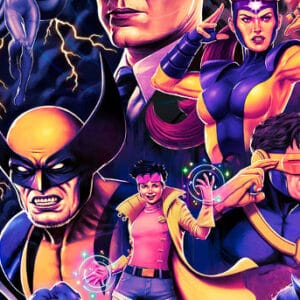

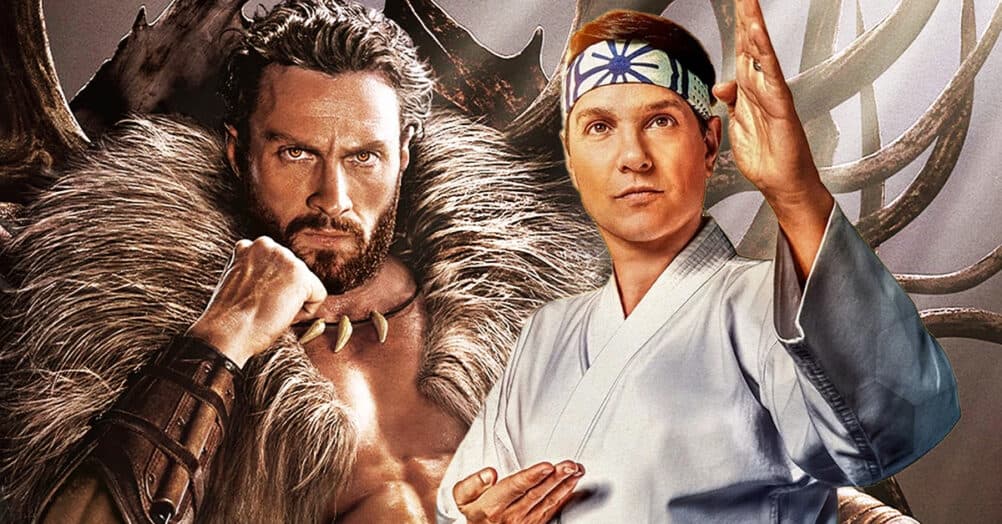

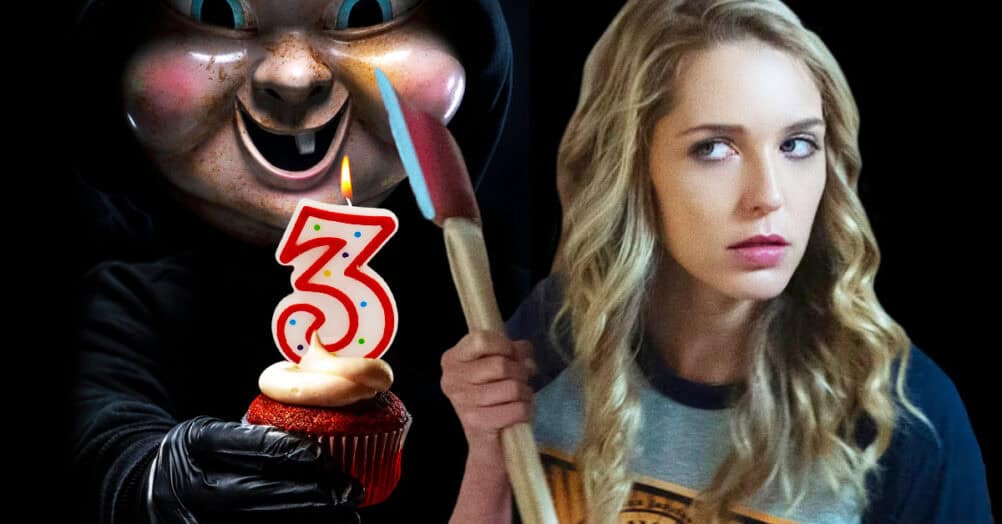
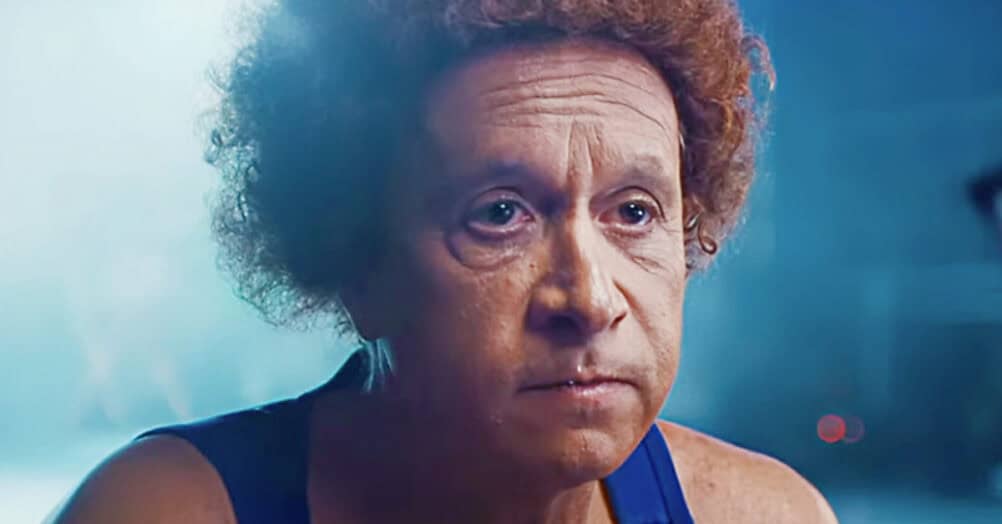

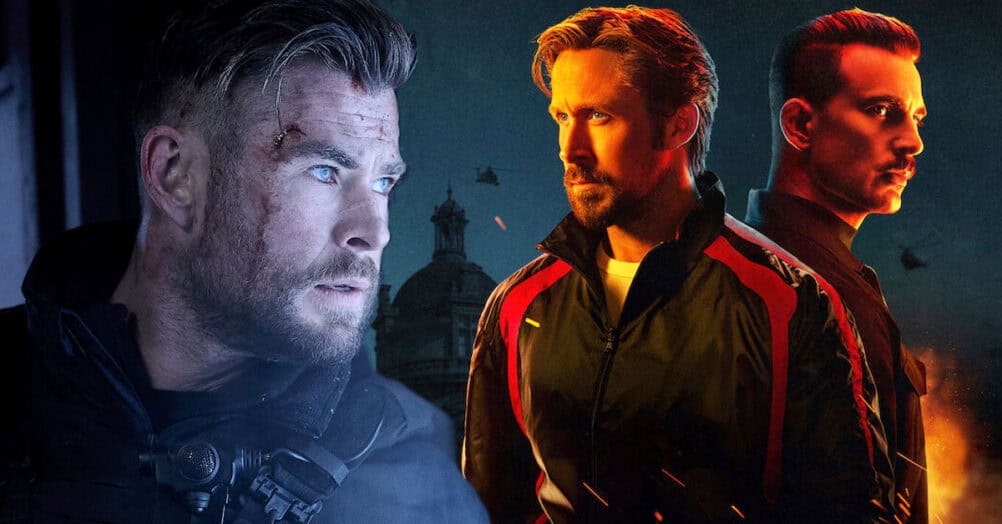
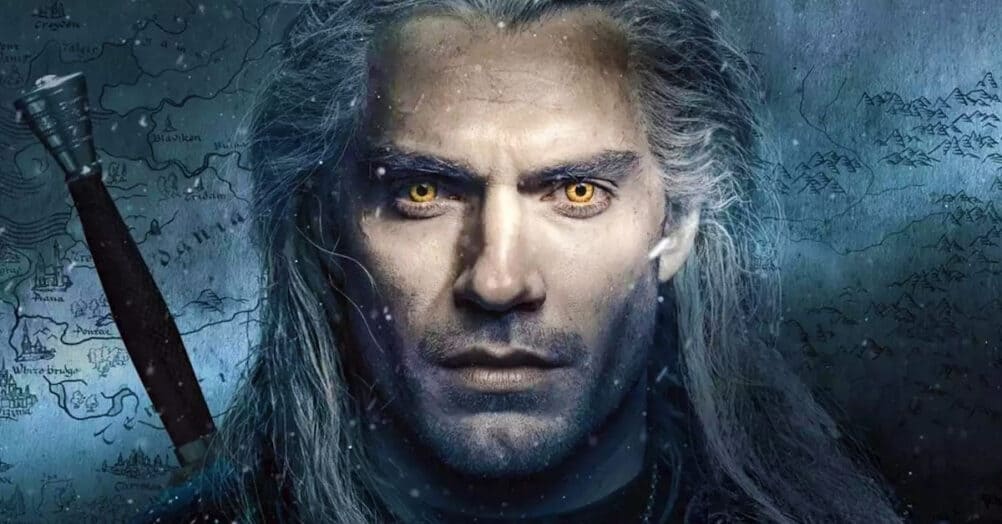
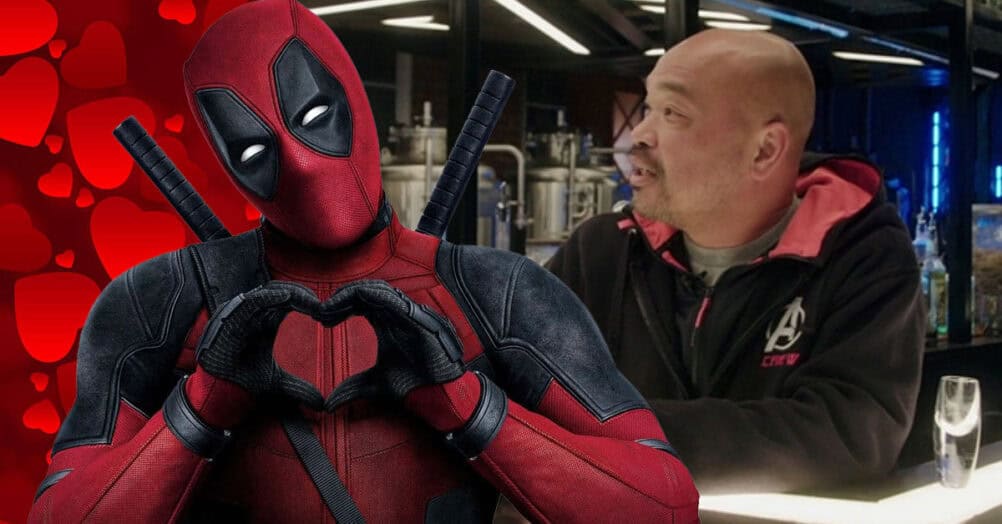
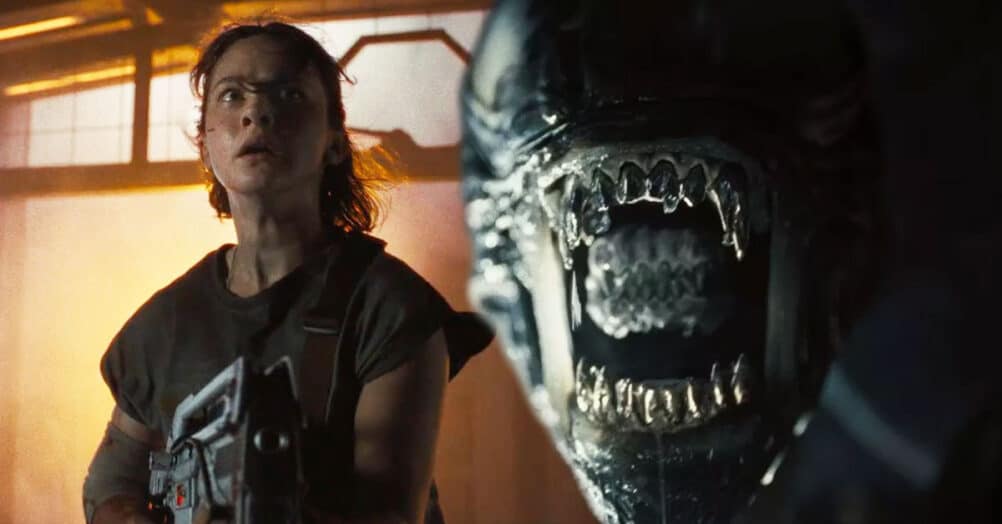
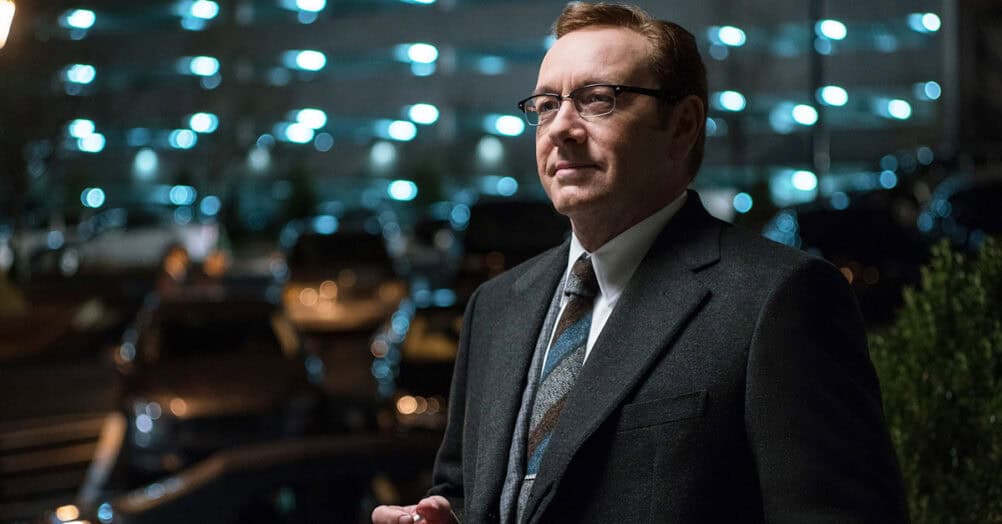
Follow the JOBLO MOVIE NETWORK
Follow us on YOUTUBE
Follow ARROW IN THE HEAD
Follow AITH on YOUTUBE